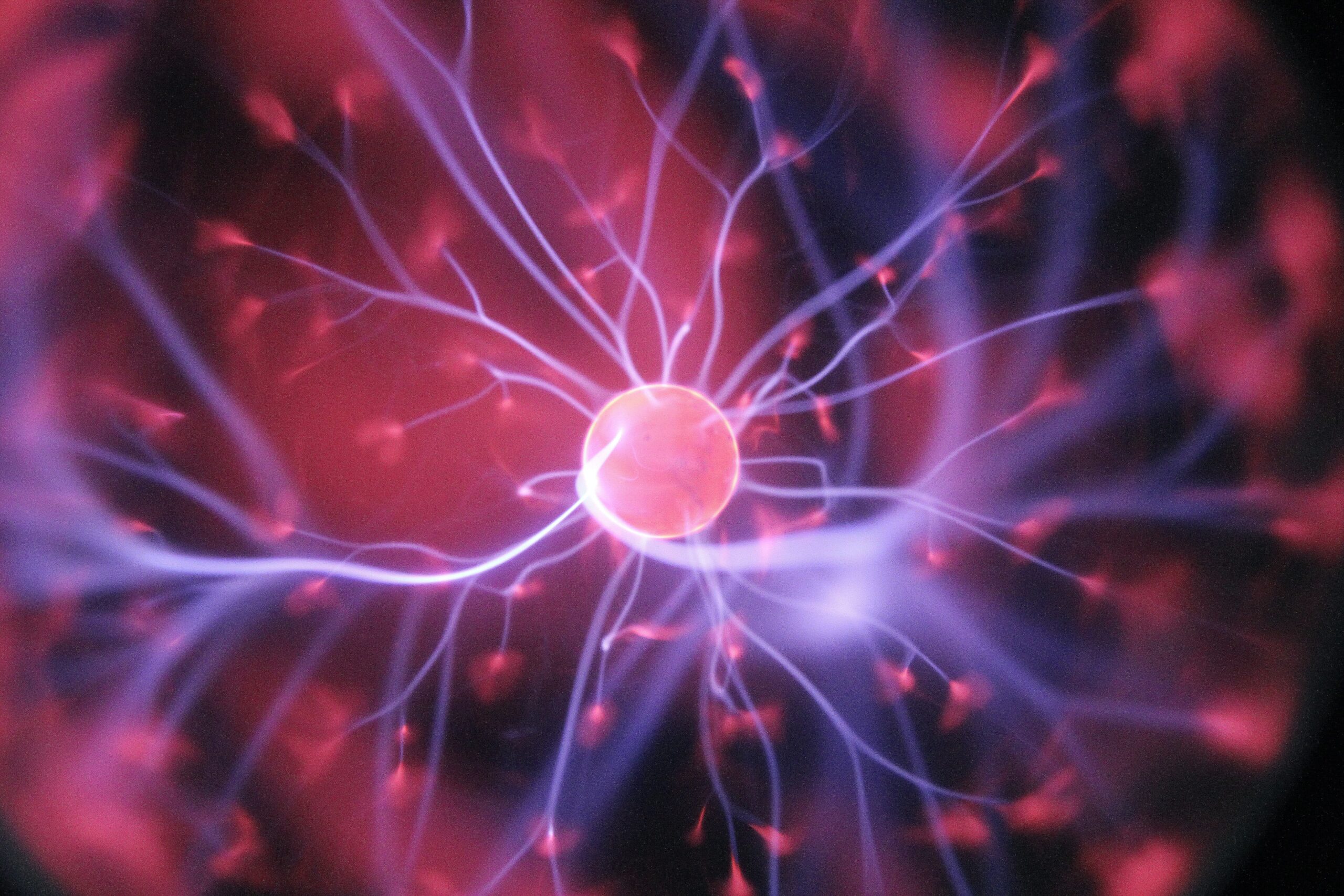15th to 21st May is Mental Health Awareness Week 2023. This year the theme is Anxiety. And for us adoptees? Are we more prone to anxiety? I would say possibly, yes. We confront issues that the general population do not – we are faced with issues of identity, loss of genetic mirroring, our ancestry, our […]
Categories


